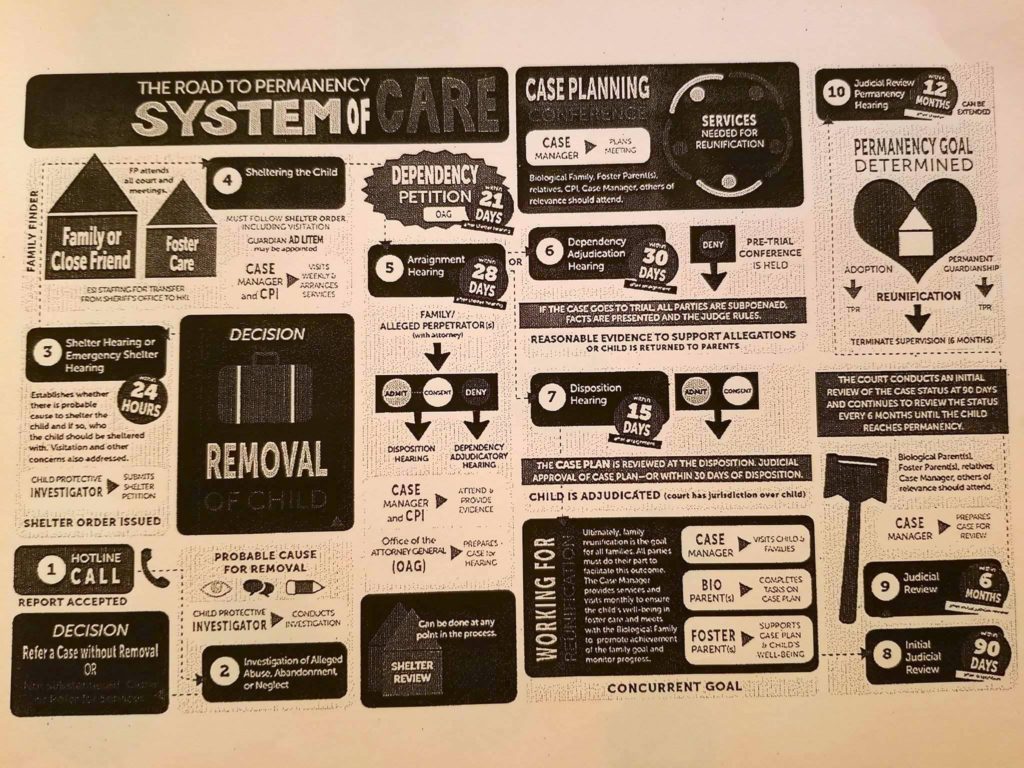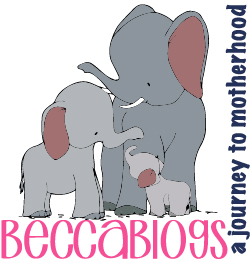Last night’s PIP class was on TRAUMA. We identified types of trauma that the kids deal with throughout their lives and especially how they came into the system.
Quite frankly, it was a deep and meaningful class full of emotions. On our drive home, we discussed how we wish we had taken this class before our last one to better understand the process.
The teachers spent about 20 minutes discussing the differences between fostering and adoption and may have changed the minds of some of our classmates. They hammered the fact of very very few children under age 8 being available and most being over age 12. Again, they pushed the fact that we, as adoptive parents, are the very last in a long line of potential parent figures. See the diagram at the very bottom.
 There is absolutely no sugar coating with this agency.
There is absolutely no sugar coating with this agency.
And I love that. <3<3
I was asked the other day what the timeline would be for a child to be in our home. Well, if the home study process (which began last week) really does take 6 months, then it can be as few as 6 months and as long as.. well.. never.
Hubby and I were discussing potential children on Monday. I asked what happens if our best match is a 15-year-old. He said fine. I asked would it be a boy or girl. He asked if it would be a teen mom which then led to a whole conversation about teen mom + infant making us basically instant grandparents at 41 and 46. Honestly, I would not have a problem with that as long as she stayed in school and went back after giving birth. We would figure out how to take care of the baby around our work and school schedules as well as help her with her homework.
But, I digress. We have no idea who we will match with or how many pregnant teen moms there are in the system. I kinda want to email our case worker now to ask..
Back to trauma, they also made sure to tell us children can heal over time. They can overcome their traumas within reason and accept love as it’s meant to be given without abuse and neglect. Also, we were told to not expect a scholarly child or one that acts their chronological age. It is entirely possible that a 15-year-old child will act 10-12 years old or even younger.
Other effects of trauma are sleep problems, moodiness, trouble learning, misperceptions of danger, trouble trusting anyone, unsafe feelings, physical illness, and trouble adapting to change.
5 more classes to go. We have a list of all the paperwork and assignments due for each class including our individual life stories, journaling assignments, fingerprints, background checks, physicals, and so much more.

Click image to view it much larger





